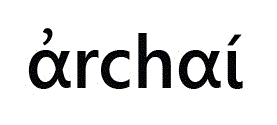Abstract:
At the end of the Phaedo’s prologue (61b-63b), there is a tension between the desire for death and the prohibition against suicide understood by Kebes as an absolute nonsense. However, what is shown as an absurdity is, in fact, the platonic tool used to introduce some of the grand themes that will be approached in the dialogue. It will be outlined, in a curious thread of mythos and logos, a crucial point that echoes throughout the rest of the dialogue and has enormous effect on the later religious and philosophical thought: it is precisely the passage 62b, in which is said that “we men are in a kind of phrourá”. How can we understand this sentence, whose obscurity is attested by Socrates himself? It seems that the comprehension of this passage depends on the interpretation and thus the translation of the word ‘phrourá’. What does it mean afterall, prison, jail, custody, garrison or guard duty? Due to the many controversies that this word has been raising since the Antiquity, and believing that this debate is far from ending, this article has the objective of not only analyzing the semantics of this word, but also articulating it with the passage in which it is found. And the background: a particular religious viewpoint that defends the divine as man’s caretaker. Finally, we hope that this debate will stimulate new researches and fruitful reflections on the platonic philosophy.
Keywords:
Religion; philosophy; suicide; ethics; semantics of war
